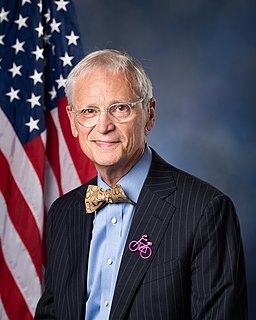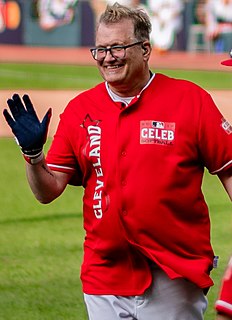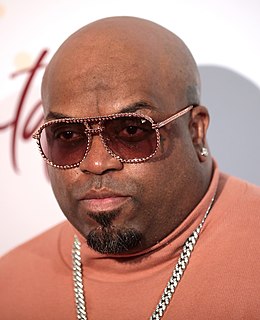A Quote by Jeb Hensarling
Having just one insurance provider for all flood risk in the entire country makes no sense.
Related Quotes
The premise of insurance is to spread the risk. It's the premise of homeowner's insurance, of car insurance, and of health insurance. It's one reason why it's important to have insurance when you're healthy, so that when you get sick, you won't go sign up just when you get sick, because that increases the cost for everyone.
































